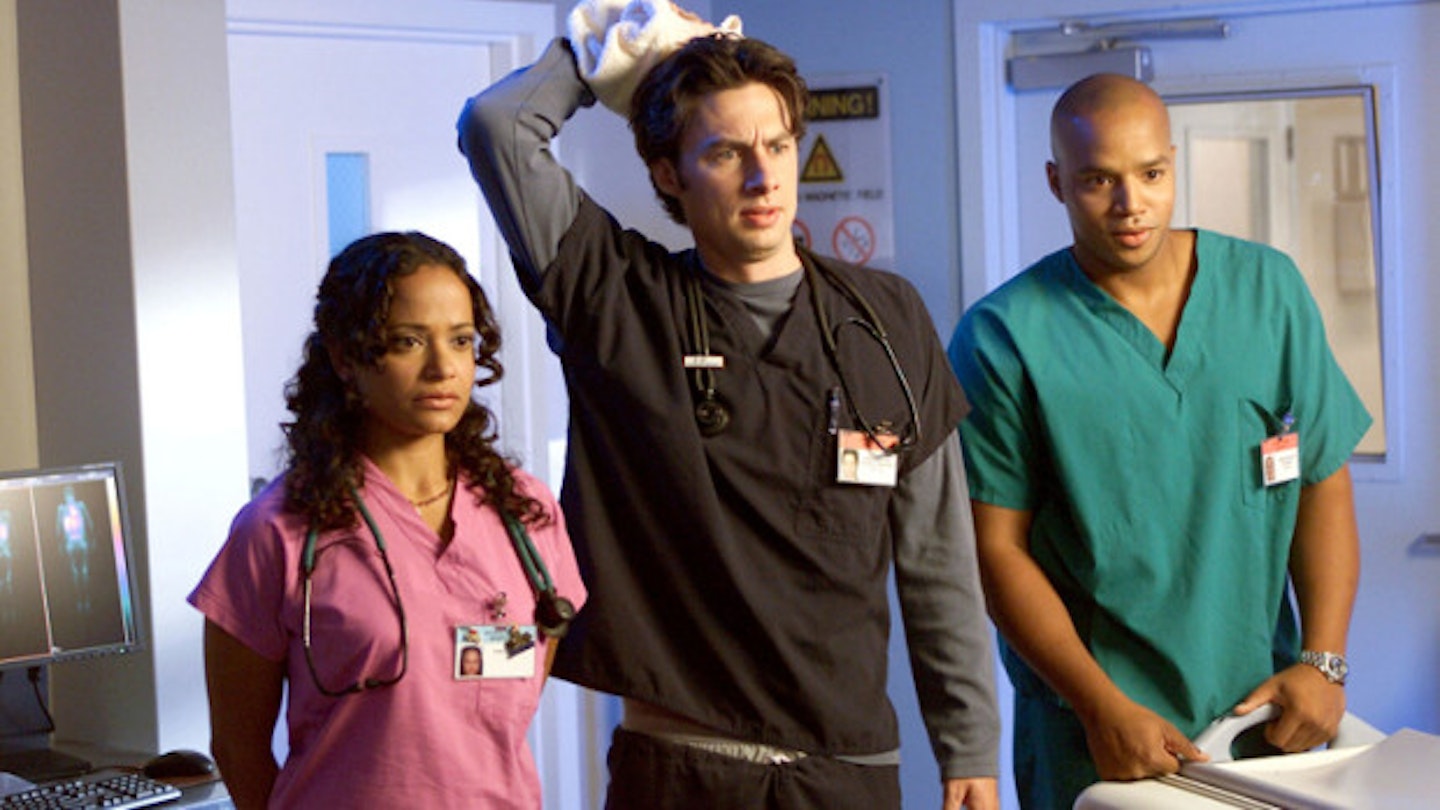If you’ve been paying attention, you’ve probably noticed that junior doctors are pretty pissed off right now. There’ve been huge protests, and more are planned, in opposition to contract changes being proposed by health minister Jeremy Hunt.
But what’s all the fuss about, and why should the rest of us care? We asked some junior doctors for the inside story on their work-life balance, and why these contract changes pose such a threat to it.
Despite the name, junior doctors have massive responsibilities
A junior doctor is anyone below a consultant or a GP, including registrars who are more senior but still classed as junior doctors. This means most doctors are considered ‘junior’ into their early to mid-30s, after five years at medical school and 5-10 years experience on the wards.
In short, ‘junior’ doesn’t do justice to the intensity of the job.
‘I make decisions that have huge impacts on patients, their families and other children,’ says 31-year-old paediatric doctor Lauren. ‘I’m the most senior paediatric doctor in the hospital out of hours. My consultant can be over half an hour away. If I make a mistake and send a child home with meningitis, I could kill them. I have to know what I’m doing.’
Junior doctors already work horrible hours
Much of the reporting on the contract row has mentioned junior doctors’ 48-hour average working week. In reality though, ‘The week is, generally, between 40-96 hours, and most doctors will work an average 10 hours unpaid each week,’ says 29-year-old GP Jenny, who was a junior doctor until last year.
‘A typical rota will include one 12.5-hour day shift a week; one weekend in four of 12.5-hour daytime shifts; one week in six of 12.5-hour nightshifts; and one weekend in six of 12.5-hour nights; as well as one weekend of 10-hour day shifts,' junior doctor Emily, 25, tells us.
She averages around 56 hours a week at work, as well as doing extra training, audits and portfolio work in her ‘spare time’.
The work is intense, and you learn to survive a 12-hour shift without stopping to pee, eat or drink. Thirty-three-year-old geriatric registrar Jazz says she rarely sits down at work and toilet breaks are rare. ‘It’s physically demanding work, and some days can be a real emotional challenge as well,’ she says.
Emily adds: ‘During busy shifts, you eat as you’re walking between patients, and you drink when support staff make you a cup of tea – and they’re invaluable for doing so. I’ve also learnt how to control my bladder, because sometimes you don’t have time to pee for your entire 12-hour shift.’
Junior doctors are facing a pay cut of up to 30%
The proposed contracts would increase doctors’ base pay for standard hours (currently 7am-7pm Monday-Friday), but also decrease the rate doctors are paid for working anti-social hours, such as night shifts and weekends – an overall pay cut that could be as much as 30%.
For Emily, it would mean a 17% cut at a time when she’s still struggling to pay off her student debts from five years at medical school. ‘It’s not just the vast uni debts. You have to pay for all the extras you need for being a doctor,’ she says, reeling off a list of compulsory professional memberships, courses and exams that total more than £2,000 a year.
But it’s not just about the money
As well as altering the pay rates, the new contracts would also reclassify ‘social’ working hours to 7am-10pm Monday-Saturday, so doctors would be expected to work more evenings and weekends, missing more parties and weddings, but without being paid the anti-social premium they currently get.
Obstetric and gynaecology registrar Amber*, 30, says her main concern is the uncertainty. ‘I’m pregnant and will be heading off on maternity leave in the New Year. I don’t know what my wage will be when I return or how many hours I will be rostered to work. If my pay is cut by 30%, I’ll be earning less per hour than my 19-year-old niece does lifeguarding.’
Likewise, for new mum Jazz, the contract would mean less time with her son and higher childcare costs, on top of significantly reduced salaries for both her and her partner, who’s also a junior doctor.
‘It becomes financially impossible to afford to work when the cost of childcare is more than your take home salary,’ she says.
If the contract changes do go through, it won’t just be doctors who suffer
Junior doctors believe the changes are not only unfair, but also unsafe. ‘The proposal would remove the safeguards which stop us working more than 91 hours a week and ensure we have a minimum of 11 hours between shifts to sleep. Without these safeguards, we will end up working incredibly long hours, and tired doctors are not effective doctors,’ says Emily.
‘Tired, overworked, demoralised and underpaid junior doctors will be providing your care. And, more cynically, after coming for doctors, the government will do the same to nurses, porters, radiographers, therapists and admin staff alike,’ says Jazz. ‘Safe care will be impossible to deliver.’
There’s also a real danger, she adds, that many doctors will actually leave. ‘Yes, medicine is a vocation, but to have a change in hours and up to 30% pay cut imposed overnight is impossible to take. I love my job, but I wouldn’t hesitate to leave if I felt it was compromising my son’s upbringing’'
In a recent survey, 70% of junior doctors, said they would leave if the new contracts are imposed. If this happens, Jenny’s prediction is pretty stark: ‘The NHS will collapse. Can you afford private healthcare?’
*Some names have been changed
Like this? Then you might also like...
The Realities Of Working In A Fancy Dress Shop Over Halloween
Worry And ‘Overthink’ Loads? Science Says That Might Make You A Genius
Follow Sarah on Twitter @SarahGraham7
This article originally appeared on The Debrief.
